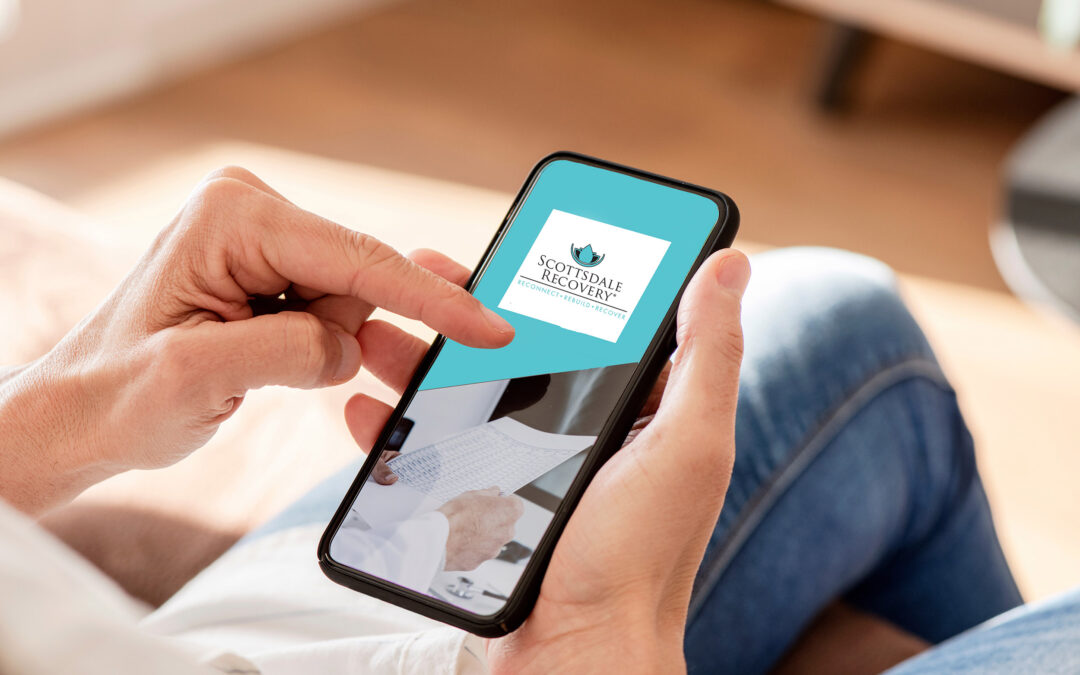Telehealth became a major part of life when the Covid-19 pandemic hit and it is here to stay. The Biden administration put into motion the American Rescue Plan in 2021 to help expand telehealth services and help patient’s gain more access to convenient medical care. Telehealth provides medical care to patients via technology, which includes phone calls, messaging, and video visits. The telehealth option makes it easy for patients that are busy or live in rural areas to get care quickly without long waits in lines at medical facilities. Telehealth has become popular among all ages as those seeking care can get medication prescribed to them after medical consultations, including opioid medications. As great as telehealth is, there are also risk factors such as addiction and drug abuse, that can be problematic when opioids are prescribed.
It is no secret that the opioid crisis rages on throughout communities across the US. From prescription opioids to heroin and fentanyl, opioids are causing major issues and a large number of overdose deaths. Narcan has been introduced throughout our country to help combat overdose and efforts by prescribing Doctors, both in person and through telehealth, are supporting safety guidelines. Healthcare professionals are also following state and federal laws to ensure they are prescribing appropriately. To help prevent substance abuse, telehealth providers look at a patient’s medical history, including any history of drug addiction and also try to keep the duration of the prescribed dose to a minimum to prevent addiction, as opioids are highly addictive. Follow-up care and other pain management treatments are also embraced by telehealth providers in an effort to decrease the need for opioids. However, despite all these efforts, there are additional disadvantages to telehealth, mainly the lack of in person physical examination. In some cases, a telehealth exam leads to a physical in person exam due to the need for additional assessment.
On the flip side, telehealth has become an important way to address opioid use disorder (OUD). Oxycodone, heroin, and fentanyl are just a few of the opioids that are causing many to fall into OUD. The adoption of telehealth to help treat OUD includes:
- Access to therapy: Individual and group therapies can help those suffering with addiction to address underlying mental health issues that lead them to substance abuse in the first place. Therapy also serves as a safe space for those struggling to express what is happening and give opportunity for further recovery discussions. Group therapies include support groups which connect those having OUD to help them understand they are not alone and to be among peers seeking change.
- Case management: As someone seeks treatment for OUD, having a case manager with them each step of the way can help to ensure they are getting the right support at the right times during their phases of recovery.
- Medication-assisted treatment (MAT): This combination approach mixes medication with counseling to help combat addiction. Common medications used in MAT are methadone and buprenorphine and at times, MAT can be done via telehealth.
- Privacy: Having addiction issues often comes with stigmas. Telehealth provides privacy for those looking for support as they can receive care from their own homes.
The main idea behind telehealth is that all patients get access to care. For those seeking sobriety from their OUD or from other addictions, telehealth may be a great starting point. Our team at Scottsdale Recovery and Detox Center® is committed to serving our community as well as those nationwide and provide a vast array of support services to our clients struggling with addiction.
We are a phone call away if you or a loved one are seeking support! Learn more by visiting scottsdalerecovery.com or call 1-888-NODRUGS.

